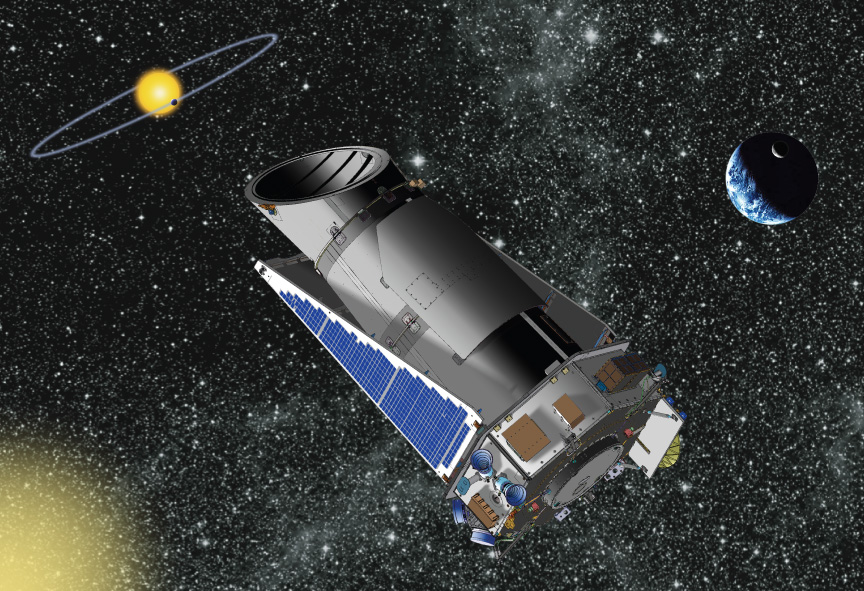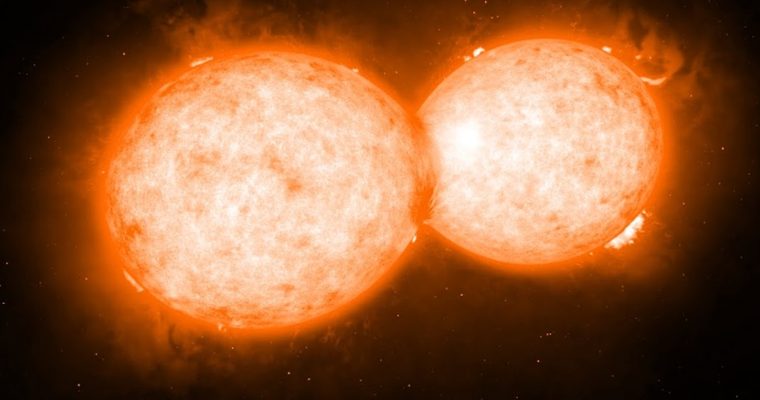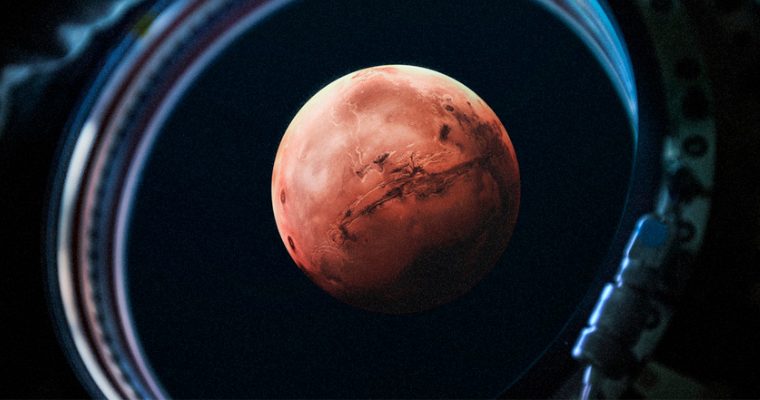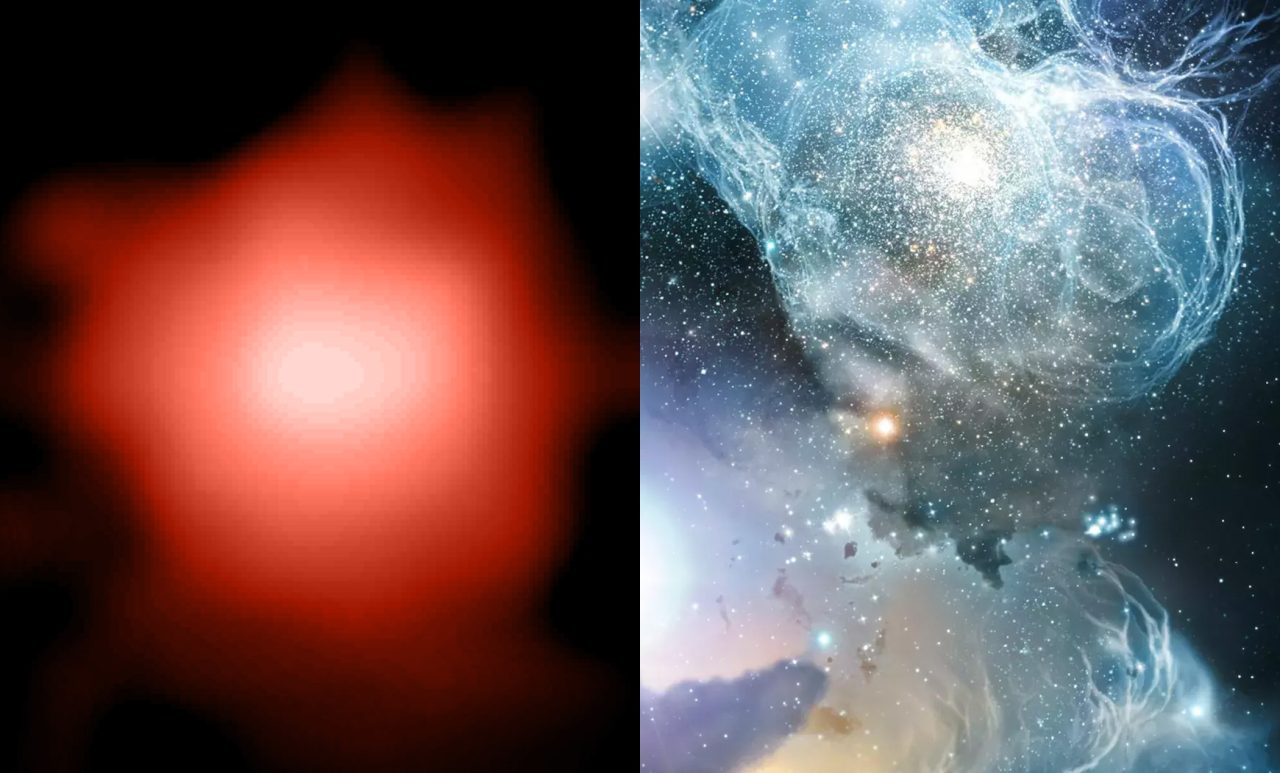A new study that looked into the possibility of contact from intelligent extraterrestrial life has concluded we could hear from aliens very soon, let’s just hope they’re friendly

Are we alone in the universe? We could soon know the answer
Are we alone in the universe? It’s a question that’s boggled boffins for years but we could soon have an answer, according to experts.
First contact would be a historic moment for mankind, trumping the moon landing or Elon’s latest rocket launch, and could put an end to years of debate.
And that answer could be sooner than you might think, as a new study by the team at the University of California looked into whether intelligent extraterrestrial life could have responded to signals sent from Earth into deep space.
Experts analysed the signals to see if they could have reached their target, and then they deduced that if they had – we could get a reply as soon as 2029.

A reply could already be on its way (Image:
Getty Images)
Do you think there’s alien life out there? Let us know in the comments…
Howard Isaacson, from the University of California, spoke to PopSci and said: “This is a famous idea from Carl Sagan, who used it as a plot theme in the movie Contact.”
Publishing their results in the paper titled ‘The Breakthrough Listen Search for Intelligent Life: Nearby Stars’ Close Encounters with the Brightest Earth Transmissions’, the researchers explained their process.

They analysed signals sent from Earth to Voyager 1, Voyager 2, Pioneer 10, Pioneer 11 and New Horizons probes, and scientists said that life on nearby planets could have intercepted the transmission.





